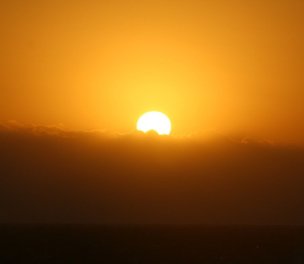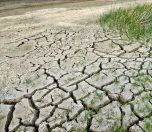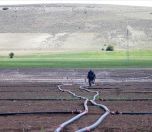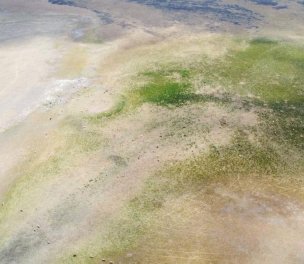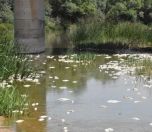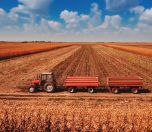* Photo: Anadolu Agency (AA)
Click to read the article in Turkish / Kurdish
Recent studies have shown that the water levels in the Lake Van basin in eastern Turkey as well as the water sources, rivers and lakes in its surrounding area have dropped as a result of drought.
Noting that drought is problem of not only Turkey but also the world, Prof. Faruk Alaeddinoğlu from the Geography Department of Van Yüzüncü Yıl University has stressed that serious measures need to be taken.
Prof. Murat Tunçtürk, the Dean of the Agricultural Faculty of the same university, has also indicated that drought has a negative effect on not only water sources but on agriculture and animal husbandry as well.
'Basin management is necessary'
As reported by the state-run Anadolu Agency (AA), Prof. Alaeddinoğlu has stated that closed basins do not have the opportunity to get water from outside their basins and, thus, a closed basin water management should be implemented. Alaeddinoğlu has also stressed that some steps need to be taken about this issue and a sustainable structure needs to be introduced:
"Drought emerges as the most serious threat, especially in certain regions. The Lake Van basin that we are in gets its share from this threat to a considerable extent. There have come up serious problems in agricultural activities as well as service water and drinking water.
"There has been no significant change in the amount of precipitation received by the basin until 10 years ago. However, over the last few years, there has been a drop in precipitation and a significant increase in temperature. And this leads to evaporation in the basin.
"When we compare it to the past, we see four times more evaporation than precipitation today. Therefore, the sea levels in the lakes have been falling, which leads to a serious loss of water in the basin.
"Thus, there are many things that need to be done. Above all else, there is a need for basin management."
'Aggressive irrigation methods must be abandoned'
Prof. Murat Tunçtürk, the Dean of the Agricultural Faculty of Van Yüzüncü Yıl University, has also noted that a special attention should be paid to the consumption of water. Saying that "there has been a serious drought in agricultural fields due to lack of precipitation," he has stated:
"According to the 2021 climate data, the precipitation received by the Lake Van basin has dropped by 12 percent when compared to the previous year and by 33 percent when compared to the average of long years. According to the latter, as of June 21, 260 millimeter precipitation fell by square meters. As for the precipitation this year, it is around 170 millimeter."
Prof. Tunçtürk has noted that this decrease in precipitation has especially had a negative effect on dry farming areas.
Sharing information about their studies on wheat and barley fields, Tunçtürk has said that the plants have not grown taller.
Emphasis on agriculture and animal husbandry
According to Tunçtürk, the people making a living on agriculture and animal husbandry will face serious challenges this year due to drought.
"The people are engaged in agriculture and animal husbandry for a living. They make ends meet with the money coming from there," he has said, raising concerns that "no crops will be harvested from 80 percent of the agricultural fields that have been planted this year."
Tunçtürk has noted that this loss of crops will have a negative impact on the economy, adding, "Costs will increase in animal husbandry and agriculture. It will lead the food prices to increase. What we - as citizens - need to do is, first of all, to save on water. We recommend that farmers should pick the plants that are resistant and tolerant to water shortage."
He has also recommended that "in fields where irrigated farming is done, aggressive irrigation methods should be abandoned and, instead of them, drip irrigation or sprinkler irrigation should be used."
Prof. Tunçtürk has also called on the local authorities to enable surface waters coming from precipitation to be stored and used again in agriculture and to treat the wastewater. "In addition to this, the water consumption in ponds and dams must be done in line with a certain order," the academic has said, warning that "these measures must be taken urgently."
Drought in Turkey
Contrary to popular belief, Turkey is not rich in water; on the very contrary, it is a country "having water shortage" with 519 m3 water per capita. Moreover, it is projected that its population will hit 100 million people in 2030 and the water per capita will decline to 120 m3. These projections indicate that Turkey might be a "water poor country" in the near future.
In January 2021, the NASA Earth Observatory shared two maps showing the groundwater wetness percentile and root zone wetness percentile, warning that the groundwater storage had dropped below in Turkey.
According to the World Wide Fund for Nature (WWF) Turkey, the following cities in Turkey are on the global list of cities facing water risk: Bursa, Mersin, Konya, Adana and Antalya.
"In the last 50 years, half of the wetlands in Turkey have lost their sound structure in terms of quantity and quality of water.
"In other words, a westland area three times the size of Lake Van has lost its ecological function. The risk concerns not only our surface waters, but the condition of our ground waters is also alarming. The loss of our forestlands is another factor paving the way for drought." (TP/SD)




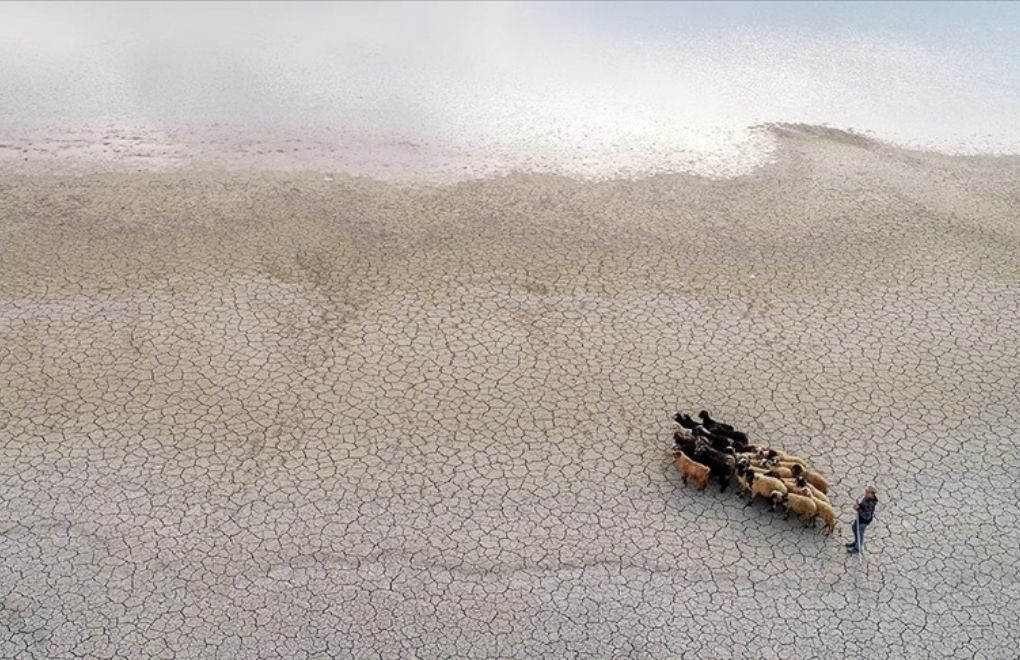
as.jpg)
as.jpg)
